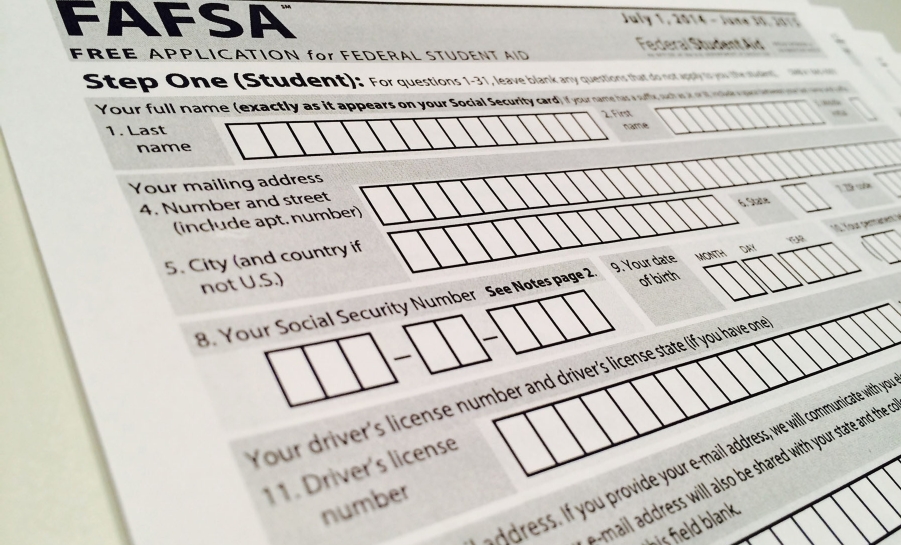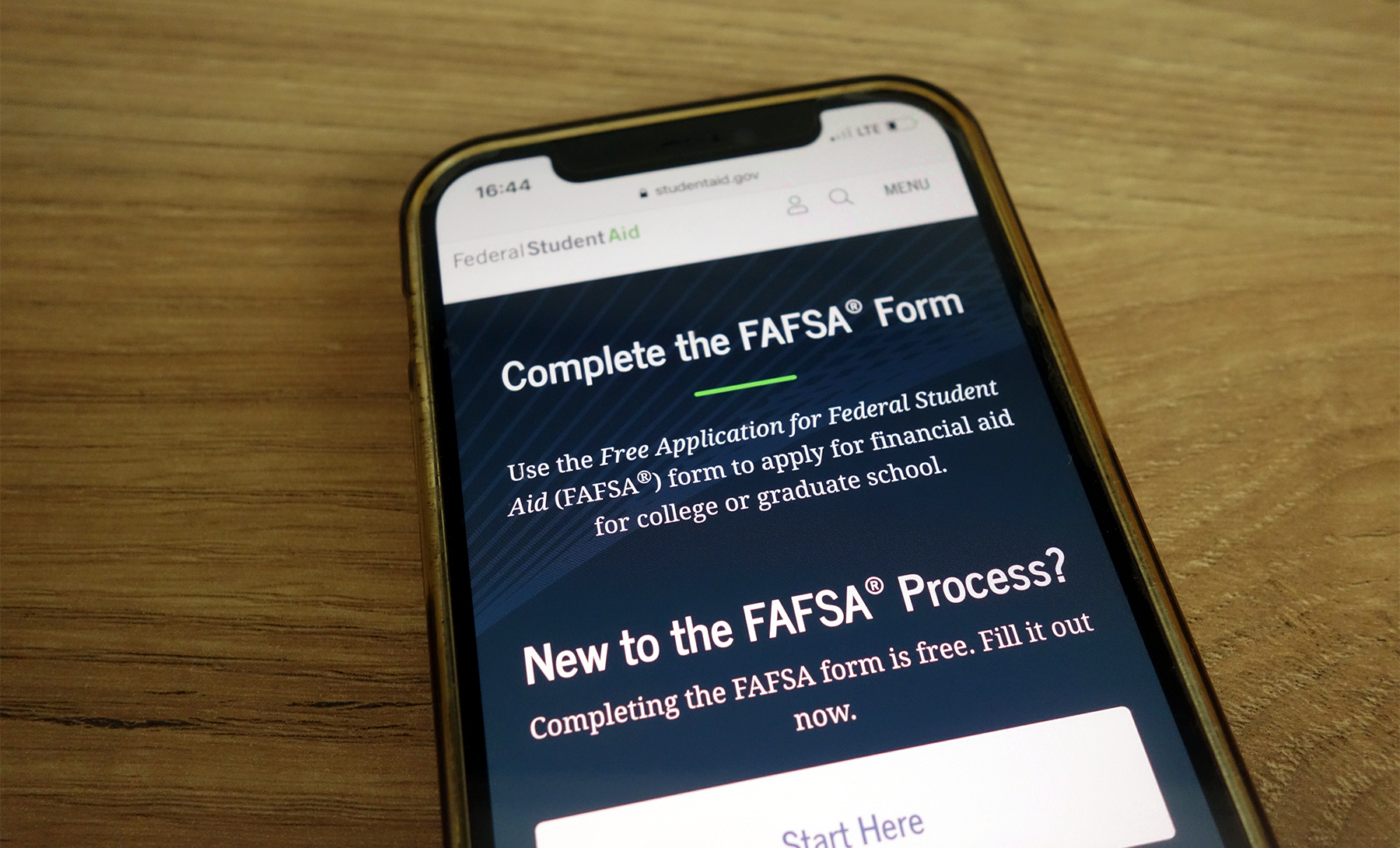Three Ideas for Post-Coronavirus Educational Recovery
There are many ways that schools can proactively address the inevitable and inequitable gaps caused by coronavirus-related school closures.
FirstGen Forward / February 07, 2023

The National College Attainment Network recently reported that nearly $3.6 billion in Federal Pell Grants went unclaimed because the class of 2022 did not complete the Free Application for Federal Student Aid (FAFSA). This finding is likely to revive calls for states to make FAFSA filing a requirement for high school graduation. As a supporter of first-generation students, how might you #AdvocateFirstgen on the issue of mandatory FAFSA completion?
At first glance, requiring FAFSA completion appears to benefit first-generation students since the applications reveal eligibility for Federal Pell Grants. The average Pell Grant award for the 2022-2023 academic year was $4,166–with the maximum award set at $6,895. Nationwide, 34% of undergraduate students receive Pell Grants, while 48% of first-generation college students qualify for this type of funding. Based on these numbers, ensuring that potentially eligible students complete the FAFSA would benefit many first-generation students.
For many first-generation students, financial aid and scholarship application processes are part of higher education’s “hidden curriculum.” Lack of knowledge of the college experience and associated processes are common for first-generation students and can be particularly pronounced when navigating Federal Student Aid.
Mandatory FAFSA completion may erect hidden barriers to first-generation students and their families.
Lack of awareness and information about financial aid, scholarships, and application processes. High school counselors play a key role in disseminating this information. However, the type and quality of information shared varies considerably across schools. Counselors may lack the time and training to assist students in completing these applications.
Misunderstanding about potential eligibility. Many first-generation students are unaware that they might qualify for financial aid or think they do not have the level of financial need required to qualify.
Reluctance to complete the FAFSA due to the complexity. Students commonly cite complexity as the number one reason for failing to submit the FAFSA. However, first-generation students and their family systems may find the process especially challenging. Factors including unique parental living situations; reluctance to share financial information; and difficulty obtaining verification of income can be frustrating for those without experience navigating these systems.
Given these common barriers, mandating that students complete the FAFSA before graduating high school may disproportionately affect first-generation students negatively. To date, five states (Alabama, California, Illinois, Louisiana, and Texas) require FAFSA completion prior to high school graduation. The laws generally include a provision whereby students can opt out of completing the applications by signing a waiver. However, students and families with a limited understanding of the FAFSA process and its potential benefits may simply sign the waiver to avoid the process
Insisting that proposed legislation include additional resources and funds to increase personal assistance with the FAFSA may be the best way to #AdvocateFirstgen on this issue.
Review the specific provisions of proposed legislation. While requiring high school seniors to complete the FAFSA appears to promote student success, identifying any provisions that increase barriers for first-generation students is crucial. Sending a short message to your elected representatives highlighting concerns can occasion a reassessment of potentially harmful statutory language.

Review institutional communications about FAFSA completion. Do the communications clearly state the form’s purpose, associated deadlines, and information related to resources that can aid completion? Does the messaging outline the benefits of completing the FAFSA in relation to decreasing potential costs of college?
Provide information about additional resources to assist with FAFSA completion. Many access institutions, communities, and even state agencies offer free assistance for completing the application.
It is disappointing to learn that eligible students, many of whom are first-generation, did not pursue an opportunity to lower their college costs. However, mandatory FAFSA completion may erect hidden barriers to first-generation students and their families and therefore may not be the simple solution student success advocates seek. Insisting that proposed legislation include additional resources and funds to increase personal assistance with the FAFSA may be the best way to #AdvocateFirstgen on this issue.